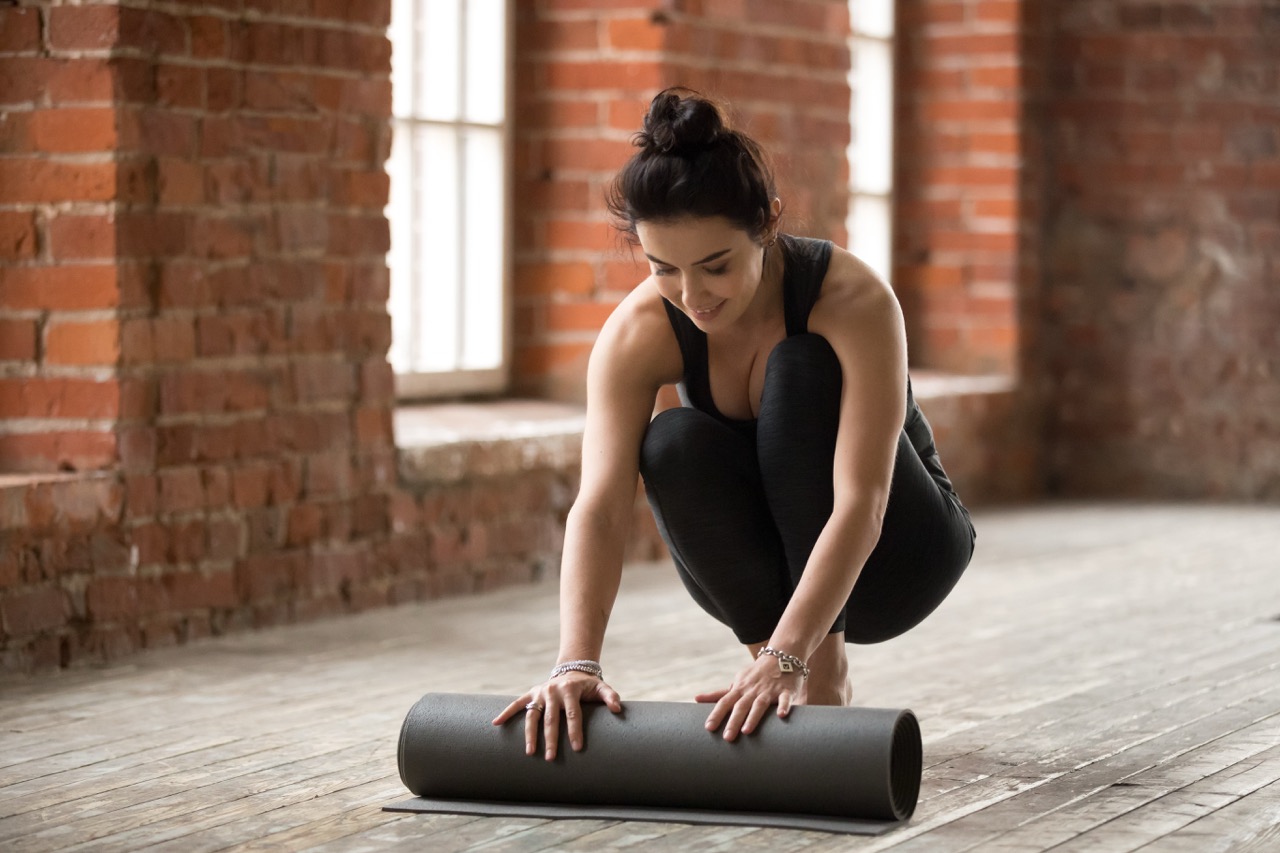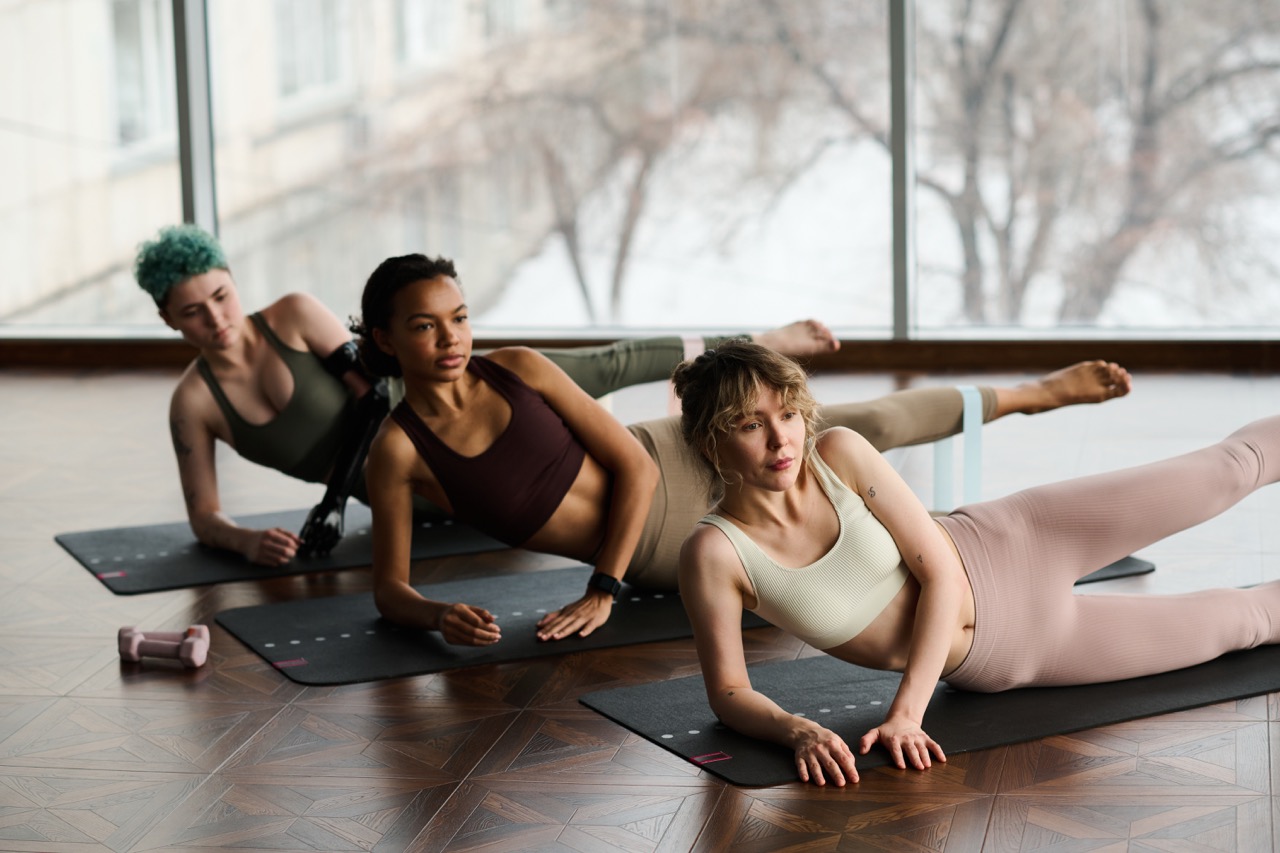Building Holiday Resilience: Reconnect with Pilates Now
As autumn deepens and the festive months approach, life tends to shift gears. Work deadlines tighten, social plans multiply, and the days grow shorter. It’s often the time of year when we promise ourselves that we’ll “start fresh in January.”
As autumn deepens and the festive months approach, life tends to shift gears. Work deadlines tighten, social plans multiply, and the days grow shorter. It’s often the time of year when we promise ourselves that we’ll “start fresh in January.” But what if the real secret to an enjoyable, balanced holiday season is actually starting now?
At Pilates Clinic UK, we see October and November as a window of opportunity: a quiet moment before the holiday rush to reconnect with your body, restore your energy, and build the kind of resilience that carries you calmly through December.
1. The Calm Before the Festive Storm
The holiday season often brings joy and connection, but also stress, fatigue, and endless to-do lists. From long hours sitting at desks to travelling, wrapping gifts, or cooking for guests, our bodies are pulled in many directions.
Pilates helps you prepare for all of it not by pushing harder, but by teaching you to move smarter. Each session builds awareness: how you stand, how you breathe, how you carry tension. It’s this awareness that turns Pilates into more than a workout. It becomes a grounding practice that helps you stay steady when everything around you speeds up.
And physiologically, it matters. Mindful, low-impact movement like Pilates improves circulation, supports digestion, and strengthens the deep stabilising muscles that protect your spine. According to the NHS guide on staying well this winter, maintaining gentle movement throughout colder months supports immunity and energy levels, both of which tend to drop when we become more sedentary.
2. Building Resilience Through Consistency
Resilience isn’t just mental. It’s physical, the body’s ability to recover and adapt. In Pilates, every controlled movement helps train that adaptability. Small, precise exercises repeated regularly create neuromuscular patterns that help you move efficiently and reduce the chance of injury.
That means when you’re carrying shopping bags, travelling long hours, or dancing at a Christmas party, your body already knows how to stay balanced and supported. Even one or two weekly classes before the holidays can help your joints, posture, and focus feel more aligned.
At our studio, many members notice how a consistent routine through autumn transforms how they experience winter. They report better energy, calmer moods, and fewer aches, all from making a habit of showing up for themselves before the year ends.
3. Reconnecting With Your Body, Not Controlling It
It’s easy to fall into a “fix it before the holidays” mindset, trying to tone, lose weight, or “earn” indulgences. Pilates offers a different philosophy. It’s about listening, not punishing. Instead of pushing your body into shape, you reconnect with it.
And physiologically, it matters. Mindful, low-impact movement like Pilates improves circulation, supports digestion, and strengthens the deep stabilising muscles that protect your spine. According to a recent Harvard Health article on movement and mindfulness, practices combining mindful movement and breath help reduce stress hormones and boost emotional wellbeing — all especially valuable when the colder months make us more sedentary.
In essence, Pilates becomes a form of self-regulation: a practice of noticing, recalibrating, and re-centering, exactly what we need before the year’s busiest season.
4. A Pre-Holiday Plan That Actually Lasts
Most people wait until January to “reset,” but by then, fatigue and guilt often make motivation hard to sustain. The real strategy for long-term wellness is to begin before the holidays, so that movement becomes your baseline, not your reaction.
Here’s a gentle plan to start building your resilience now:
- Commit to short, regular sessions. Even two classes a week build momentum.
- Focus on mobility and breathwork. These will keep your body flexible through temperature changes and travel.
- Make it social. Invite a friend or loved one to join; accountability adds joy.
- Prioritise rest as much as movement. Pilates complements recovery, not competes with it.
This is how the practice integrates seamlessly into daily life: a steady rhythm rather than a seasonal sprint.
5. Begin Before the Rush
If you’ve been meaning to return to class or start for the first time, there’s no better moment than now. The pre-holiday period offers space to learn, reconnect, and build strength with intention, so by the time the lights go up and the schedule fills, your body already feels centred and capable.
Ready to start?
Explore our class schedule at Pilates Clinic and find a session that fits your rhythm.
This autumn, make Pilates your quiet anchor, the practice that steadies you long before the rush begins.

Diagnosed with osteopenia and not sure what movement is safe? Here’s how bone-safe Pilates can load the hips and spine, build strength, and improve balance without risky flexion.

Late December does something weird to the human nervous system. Days get shorter. Diaries get louder. Sleep gets scruffier. Movement becomes a “January problem” until your back, neck, or hips send a strongly worded complaint.

Women often arrive at our clinic with a familiar story. Persistent back or pelvic pain that hasn’t fully resolved. A sense of core weakness after pregnancy. Leaking during exercise, discomfort during daily movement, or stiffness that worsens with hormonal changes.




















